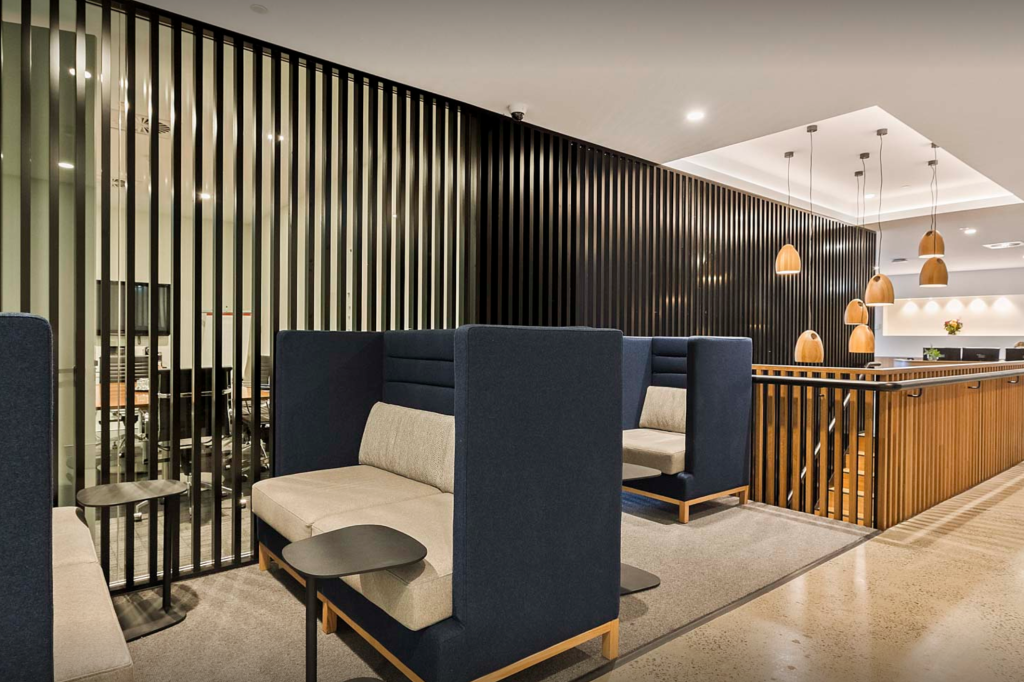As businesses across Australia start making plans to bring their workers back to the office in the wake of eased COVID-19-related restrictions, some companies are instead contemplating a future where the permanent office space is redundant.
Tech space recruitment firm Real Time Australia decided to ditch its Sydney and Melbourne offices at the start of the pandemic, and is now operating a distributed team of workers and using flexible office space for client meetings and team collaborations.
The company, which has been operating since 1991 and employs 15 people based in Sydney, Melbourne and Perth, was already allowing staff to work remotely prior to the pandemic.
“About half of our team were working from home half of the week already [prior to COVID-19 and everyone being forced to work from home],” Real Time Australia head of partnerships Ellis Taylor said.
But seeing the ease with which everyone had adapted to working from home, and with a looming deadline to recommit to their permanent leases on the horizon, the firm decided to take the plunge and commit to a distributed work model.
“The leases were coming up for renewal on our Sydney and Melbourne offices and we thought there’s no reason we should continue to pay exorbitant rent prices and be locked into a lease,” Mr Taylor said.
Instead, the firm – which counts companies like Canva and Inspace among its clients – has been using office spaces listed on flexible leasing platform Spacenow to host external meetings and team events.
Beyond the cost savings – Mr Taylor estimated the amount at “six figures” – the real benefits have been in improved productivity and focus.
Once a week the Sydney team, where the majority of employees are based, meets in a different location selected from the Spacenow platform.
“We did a workshop in a warehouse in Leichhardt one week, then a boardroom in Barangaroo and cool outdoor area in Surry Hills … We spend around four hours to six hours together [but] we’re not just doing our day-to-day work. We’re workshopping, we’re collaborating, we’re doing group training, phones are off, computers are off and we’re focused.”
Combining the change in scenery with a clear set agenda “has just seen our output skyrocket,” Mr Taylor says.
“We’ve made the decision that we will never have a permanent office space going forward.”
Rise in demand for flexible space since pandemic hit
Real Time Australia might not be alone in its desire for a more flexible workplace model. Spacenow has registered a surge in demand from business owners and individual workers since the onset of the pandemic.
Since March the platform has recorded a 290 per cent increase in new customers and a 550 per cent increase in inquiries from a mix of large corporations, start-ups and sole traders.
Spacenow chief executive Daniel Gunning said many businesses were seeking a hybrid solution for employees yearning for the social aspects of the physical workplace without the transmission risk that a major office building presented.
“The current economic uncertainty and social distancing measures mean that large corporate offices and CBD areas across Australian cities will continue to lay dormant for a while. However, working for home every day for months on end isn’t a sustainable model for workers both from a workspace set-up and mental health perspective,” Mr Gunning said.
“There needs to be another model that supports this shift to remote and hybrid work, one that helps bring work closer to people’s homes, in a safe environment.”
He said the Spacenow platform, which also lists hotel rooms available for use as an office and “ghost kitchens” for use by takeaway food businesses, could prove a viable solution for office landlords currently struggling with high vacancies.
““The rise of those flexible, short-term commercial spaces is what will build resilience for both businesses and the property market,” Mr Gunning said.
“On one end it allows property owners to drive better utilisation and higher revenue from their property assets – we’re even seeing hotels transform their rooms into workspaces, while businesses on their end can find affordable solutions to the remote work conundrum, ultimately making consequent leasing savings that they can re-invest in what matters more to their business.”
